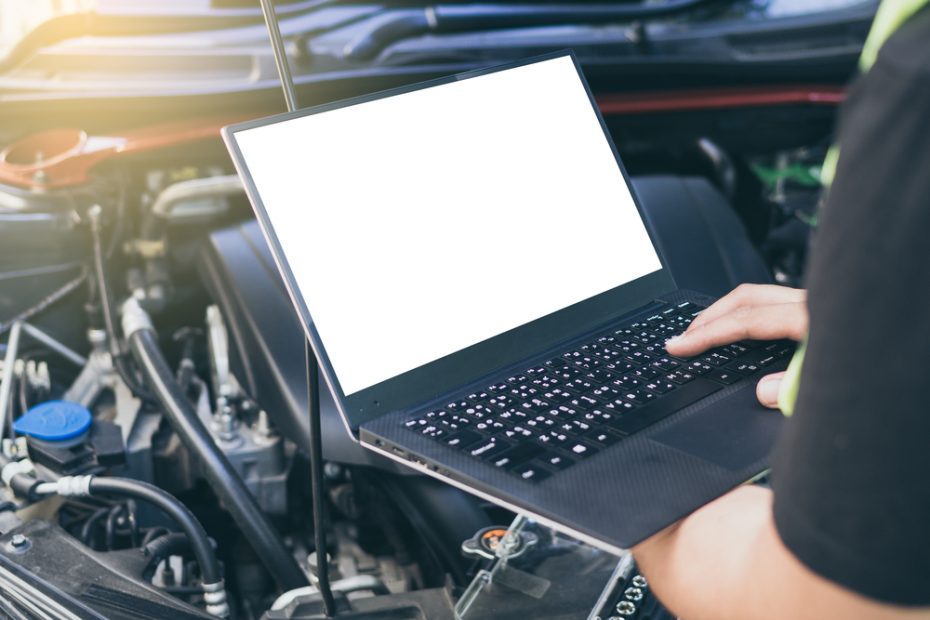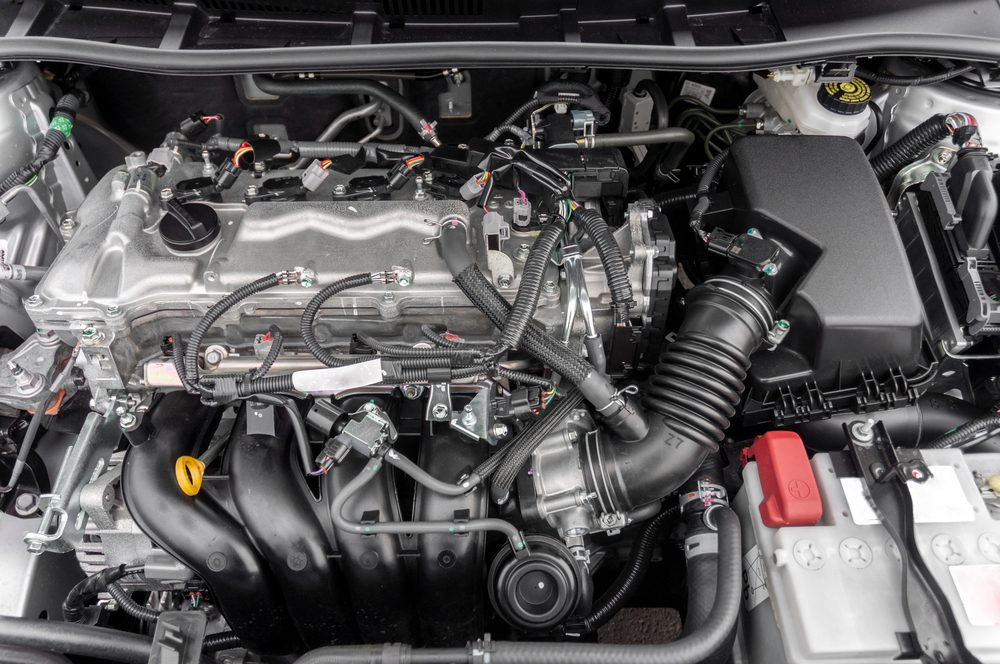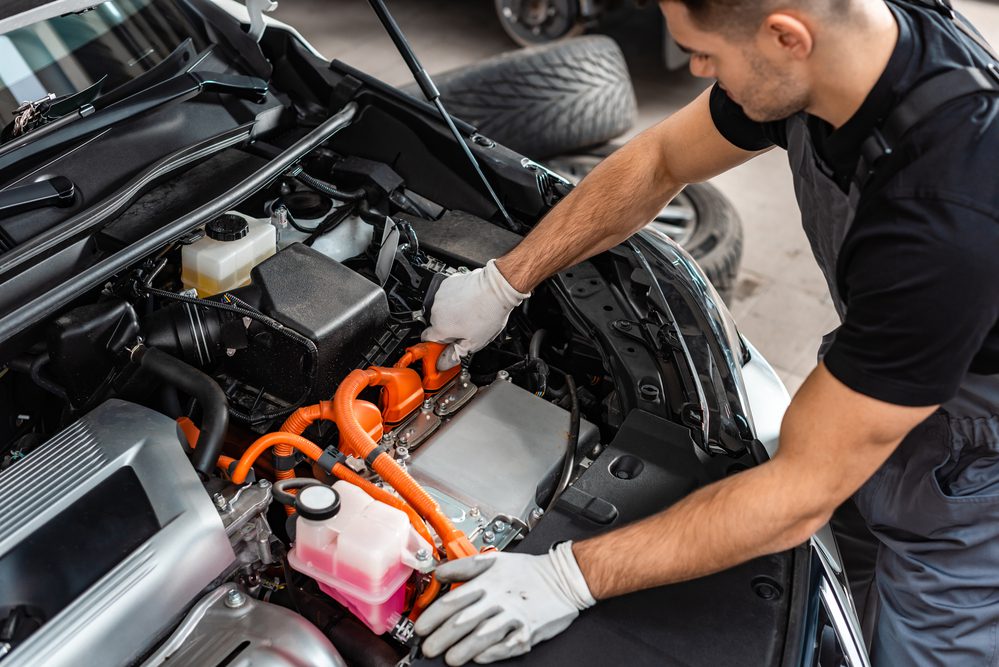Can I tune my own ECU?
Are you interested in improving the performance of your vehicle? Perhaps you’ve heard about ECU tuning and are wondering if you can do it yourself. In this article, we will explore the topic of tuning your own Engine Control Unit (ECU), demystify the process, and provide guidance on whether it is a task you can undertake on your own.
What is ECU tuning?
Before we delve into whether you can tune your own ECU or not, let’s first understand what ECU tuning actually means. The ECU, also known as the engine control module, is a crucial component in modern vehicles that controls various aspects of the engine’s performance. ECU tuning involves modifying the parameters stored within the ECU to optimize the engine for better performance, increased power, improved fuel efficiency, or other specific requirements.
How does ECU tuning work?
ECU tuning is typically done by making changes to the software or firmware within the ECU. These changes can be made through specialized tools and software that allow you to access and modify the ECU’s settings. Common modifications include adjusting fuel and ignition maps, changing boost levels, altering throttle response, and tweaking other parameters relevant to engine performance.
Benefits of ECU tuning
ECU tuning offers several benefits for car enthusiasts and performance-minded drivers. Some of the advantages include:
- Increased horsepower and torque: By optimizing engine parameters, ECU tuning can unlock additional power and torque, resulting in improved acceleration and overall performance.
- Better fuel efficiency: Fine-tuning the ECU can lead to more efficient combustion, allowing for better mileage and reduced fuel consumption.
- Enhanced drivability: ECU tuning can improve throttle response, reduce turbo lag, and refine the overall driving experience, making your car more enjoyable to drive.
- Customization: If you have specific performance goals or preferences, ECU tuning allows you to tailor the engine’s behavior to suit your needs.
ECU tuning offers the opportunity to unleash the true potential of your vehicle, providing noticeable improvements in power, efficiency, and overall driving experience.
Can you tune your own ECU?
The question remains: can you undertake ECU tuning on your own? The answer largely depends on your level of technical expertise, access to the necessary tools and software, and the specific make and model of your vehicle. While some basic ECU tuning can be done by enthusiasts with limited knowledge, more complex modifications often require specialized skills and equipment.
If you are new to ECU tuning, it is advisable to seek assistance from professionals or experienced tuners who possess the expertise and knowledge to effectively modify your ECU without causing any harm to your vehicle. They can guide you through the process and ensure the changes made are safe and reliable.
Considerations when tuning your own ECU
If you still wish to proceed with tuning your own ECU, keep the following considerations in mind:
- Risk of damage: Modifying critical parameters in the ECU without proper knowledge can result in engine damage or other mechanical issues. It is crucial to understand the implications of each change you make and ensure they are within safe limits.
- Warranty implications: ECU tuning may void your vehicle’s warranty, so it’s essential to weigh the benefits against any potential warranty concerns.
- Support and updates: Professional tuners often provide ongoing support and updates to their customers. If you tune your own ECU, you may not have access to these services.
Tuning your own ECU can be a complex and potentially risky endeavor. Consider consulting with experts to ensure a successful and safe tuning process.
In conclusion
ECU tuning can offer significant improvements to your vehicle’s performance, but it is a task that requires careful consideration. While basic ECU tuning can be attempted by enthusiasts with some technical knowledge, more advanced modifications are best left to professionals. The decision to tune your own ECU should be based on your understanding of the risks involved and your confidence in your abilities.
Is ECU Remap Good or Bad?
Introduction
ECU remapping, also known as chip tuning, is a popular method used to enhance the performance of a vehicle by modifying the Engine Control Unit (ECU). However, whether it is good or bad depends on various factors and individual preferences.
Benefits of ECU Remapping
Improved Performance: ECU remapping can provide significant improvements in horsepower, torque, and overall engine performance. This can enhance your driving experience and make your vehicle more responsive on the road.
Fuel Efficiency: In many cases, ECU remapping can optimize fuel consumption by adjusting the air-fuel mixture and ignition timing. This can lead to better fuel efficiency and potentially save you money on fuel costs.
Customization: ECU remapping allows for customization tailored to your specific needs and preferences. Whether you desire more power, better fuel economy, or a balance between the two, a professional tuner can customize the remap accordingly.
Potential Drawbacks
Warranty Implications: It is important to note that ECU remapping may void your vehicle’s warranty, as it involves modifications to the manufacturer’s original settings. Before proceeding, it is recommended to thoroughly review your warranty terms and consult with a professional tuner.
Reliability Concerns: Poorly executed ECU remapping or using inexperienced tuners can potentially cause reliability issues, such as engine overheating or premature wear. To mitigate this risk, it is vital to choose a reputable and experienced tuner.
Considerations for DIY ECU Remapping
Expertise and Tools: DIY ECU remapping requires advanced technical knowledge, specialized software, and appropriate hardware tools. Without proper understanding and equipment, it can be challenging to achieve desired results and may lead to irreversible damage.
Risk of Errors: Mistakes in ECU remapping can have detrimental effects on your vehicle’s performance and safety. It is crucial to follow proper procedures and consult reliable sources when attempting DIY remapping.
What is the difference between ECU remap and tune?
ECU Remap
An ECU (Engine Control Unit) remap is a process that involves modifying the software of the ECU to optimize the performance of a vehicle. It is typically performed by a professional tuner who accesses the ECU’s programming code and adjusts various parameters to enhance power, torque, fuel efficiency, and other aspects of the engine’s performance.
During an ECU remap, the tuner can also modify the limits set by the manufacturer, such as rev limiters, speed limiters, and boost limiters, to unleash the full potential of the engine.
Quote: “An ECU remap is like reprogramming the brain of your car, allowing it to operate at its best.”
ECU Tune
ECU tuning, on the other hand, involves making adjustments to the ECU’s settings without modifying the original software. It may involve changing parameters such as ignition timing, air-fuel ratios, and throttle response to improve performance or address specific issues.
Unlike an ECU remap, which involves rewriting the entire software, an ECU tune focuses on fine-tuning specific aspects of the engine’s performance.
Differences and Benefits
The main difference between an ECU remap and an ECU tune lies in the extent of modifications made to the ECU’s software. While an ECU remap offers a more comprehensive approach to optimizing performance, an ECU tune focuses on specific adjustments tailored to the individual requirements of the vehicle.
Both ECU remapping and tuning can offer benefits such as increased power, improved fuel efficiency, smoother acceleration, and enhanced overall driving experience. However, it’s important to note that these modifications may also have implications for the vehicle’s warranty and emissions compliance.
Conclusion
“ECU remapping can offer significant benefits in terms of performance enhancement and fuel efficiency, but it also comes with potential drawbacks such as warranty implications and reliability concerns. It is essential to weigh the pros and cons, consider expert opinions, and choose a professional tuner for optimal results.”
Whether you opt for an ECU remap or an ECU tune depends on your specific goals and requirements. If you are looking for a more comprehensive performance enhancement, an ECU remap may be the best choice. However, if you have specific issues to address or prefer a more tailored approach, an ECU tune could be the ideal solution.
It is recommended to consult with a professional tuner who can assess your vehicle and provide guidance on which option would be most suitable for your needs.



